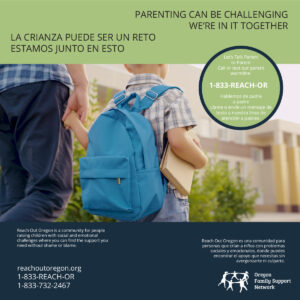As summer winds down and the first day of school approaches, families often find themselves juggling excitement, nerves, and a whole lot of to-dos. Shifting from the flexible days of summer to the structure of the school year can feel overwhelming—for both kids and parents. With a little preparation and compassion, this transition can become a smoother experience that sets everyone up for success.
Create Gentle Back-to-School Routines
Establishing consistent routines a few days before school begins helps ease the adjustment. Try moving bedtime earlier in small increments so mornings feel less rushed. Lay out clothes, pack backpacks, and prep lunches the night before to reduce stress during those first hectic mornings. Consider building in a fun family ritual—like a special breakfast on the first day—to give kids something to look forward to.
Prioritize Emotional Check-Ins
Transitions aren’t just logistical—they’re emotional. Children may feel nervous about new teachers, classmates, or expectations, while parents may be managing their own worries. Taking time for short, intentional check-ins can make a big difference. Ask open-ended questions like, “What are you most excited about?” or “Is there anything that’s worrying you?” Listening without rushing to fix builds trust and gives kids space to process their feelings.
Managing Overwhelm—for Kids and Parents
Back-to-school season can easily tip into overwhelm: new schedules, endless forms, supply lists, and shifting routines. To manage this:
-
Break it down. Tackle one task at a time rather than trying to do everything at once.
-
Set realistic expectations. Not everything needs to be perfect—what matters is creating a supportive environment.
-
Model calm. Kids often mirror our energy. Taking deep breaths, pausing before reacting, and showing flexibility helps them learn coping skills, too.
Finally, give yourself and your family grace. Transitions are rarely seamless, and it’s okay if there are bumps along the way. By focusing on routine, connection, and self-care, you’ll help your child feel supported as they step into a new school year—and you’ll feel more grounded, too.

